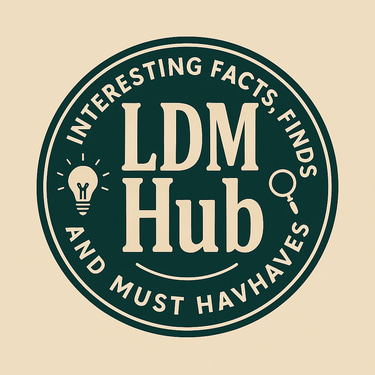Foods to Avoid for Healthier Skin: A Guide for Eczema and Psoriasis Sufferers
SKIN CARE


Introduction
Eczema and psoriasis are two common skin conditions that can cause discomfort and frustration for those who suffer from them. While there is no cure for these conditions, certain lifestyle changes, including dietary modifications, can help manage symptoms and promote healthier skin. In this article, we will explore the connection between diet and skin health, and discuss the foods that individuals with eczema and psoriasis should avoid.
The Link Between Diet and Skin Health
Research suggests that diet plays a significant role in the development and management of various skin conditions, including eczema and psoriasis. Certain foods can trigger inflammation, worsen symptoms, and contribute to skin flare-ups. By identifying and eliminating these trigger foods, individuals can potentially reduce the severity and frequency of their symptoms.
Foods to Avoid
1. Dairy Products
Dairy products, such as milk, cheese, and yogurt, are known to exacerbate skin conditions like eczema and psoriasis. These products contain proteins that can trigger an inflammatory response in the body, leading to skin flare-ups. If you suffer from these conditions, consider opting for dairy alternatives like almond milk, coconut milk, or soy-based products.
2. Gluten
Gluten is a protein found in wheat, barley, and rye. It can cause inflammation in the body, which may worsen symptoms of eczema and psoriasis. Individuals with gluten sensitivity or celiac disease are more likely to experience skin issues. To reduce the risk of flare-ups, choose gluten-free alternatives like quinoa, rice, and gluten-free oats.
3. Processed Foods
Processed foods, including fast food, packaged snacks, and sugary treats, are often high in trans fats, refined sugars, and artificial additives. These ingredients can trigger inflammation and contribute to skin problems. Opt for whole, unprocessed foods like fruits, vegetables, lean proteins, and whole grains to support healthier skin.
4. Nightshade Vegetables
Some individuals with eczema and psoriasis may be sensitive to nightshade vegetables, which include tomatoes, potatoes, eggplants, and peppers. These vegetables contain a compound called solanine, which can potentially worsen inflammation and skin symptoms. If you suspect a sensitivity, try eliminating nightshade vegetables from your diet and observe any changes in your skin.
5. Citrus Fruits
While citrus fruits are generally considered healthy, they can be problematic for individuals with eczema and psoriasis. The high acidity in citrus fruits can irritate the skin and trigger flare-ups. It's best to limit your consumption of oranges, lemons, grapefruits, and other citrus fruits if you notice a correlation between their intake and your skin symptoms.
6. Alcohol
Alcohol consumption can contribute to dehydration, which can negatively impact skin health. Additionally, alcohol can dilate blood vessels and trigger inflammation, leading to increased skin sensitivity. Limit your alcohol intake or consider avoiding it altogether to promote healthier skin.
Conclusion
While diet alone cannot cure eczema and psoriasis, making informed choices about the foods you consume can help manage symptoms and promote healthier skin. By avoiding trigger foods like dairy products, gluten, processed foods, nightshade vegetables, citrus fruits, and alcohol, individuals with these skin conditions may experience a reduction in flare-ups and an overall improvement in their skin health. It's important to consult with a healthcare professional or a registered dietitian before making any significant dietary changes to ensure that you are meeting your nutritional needs while managing your skin condition effectively.
